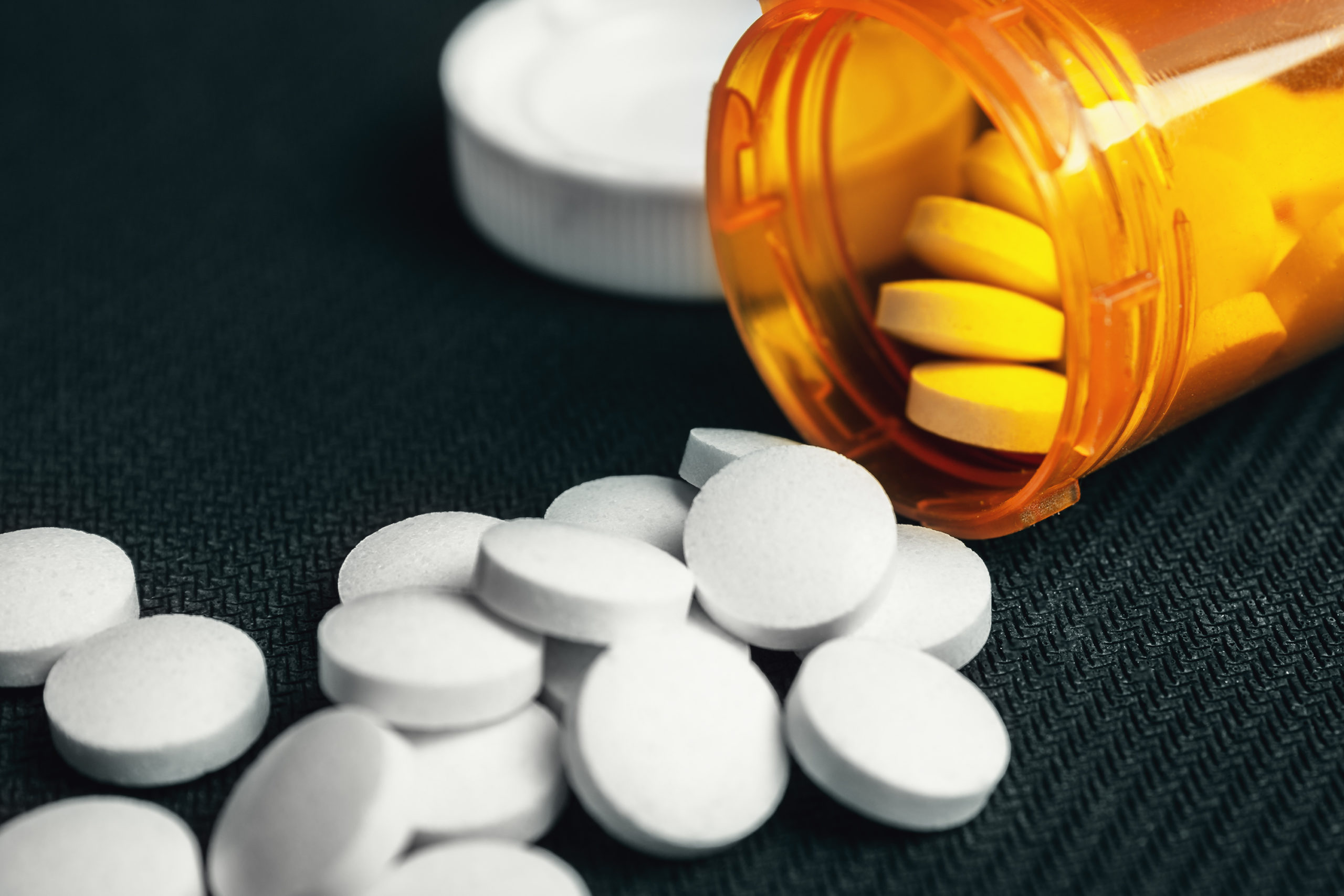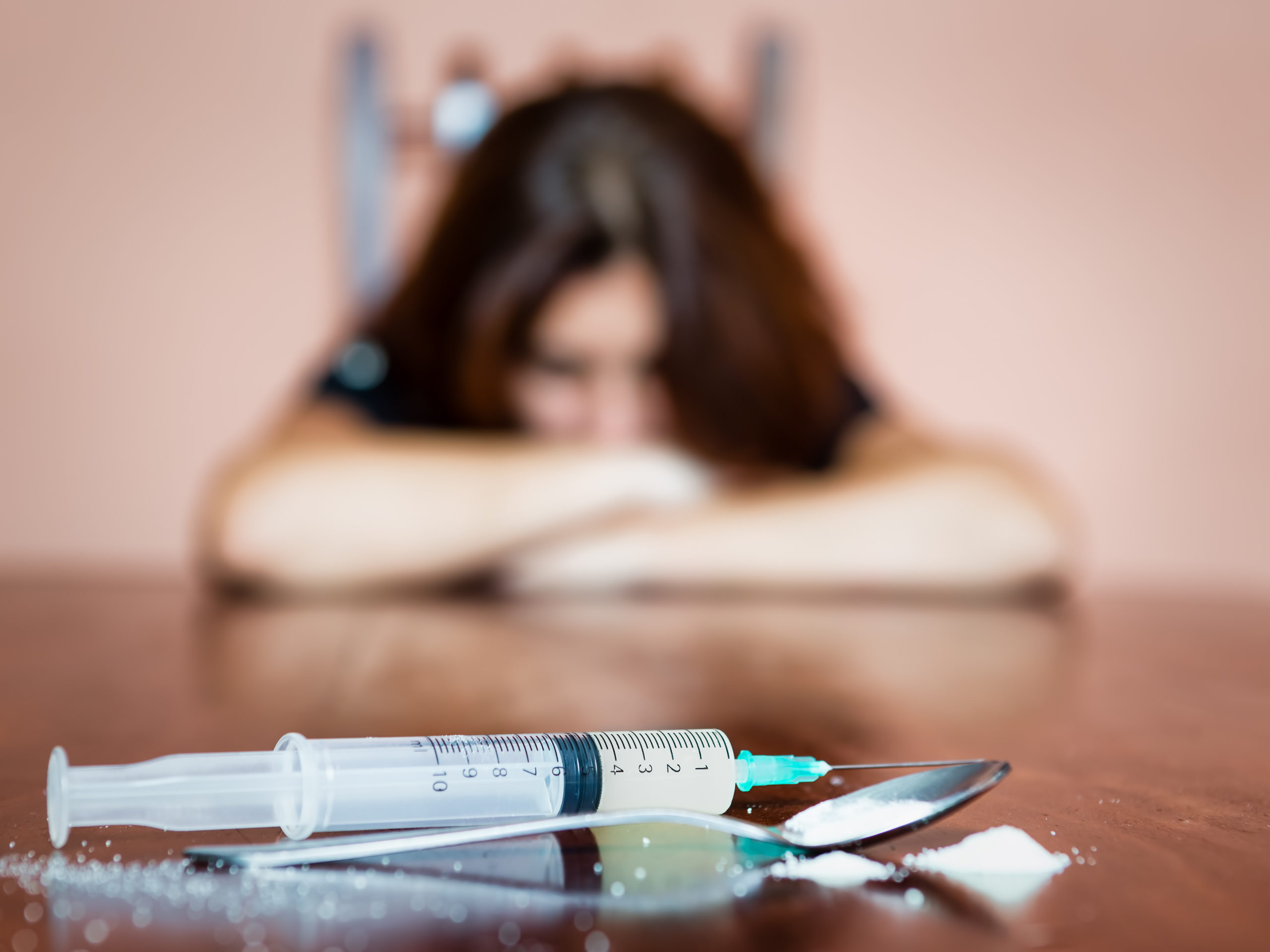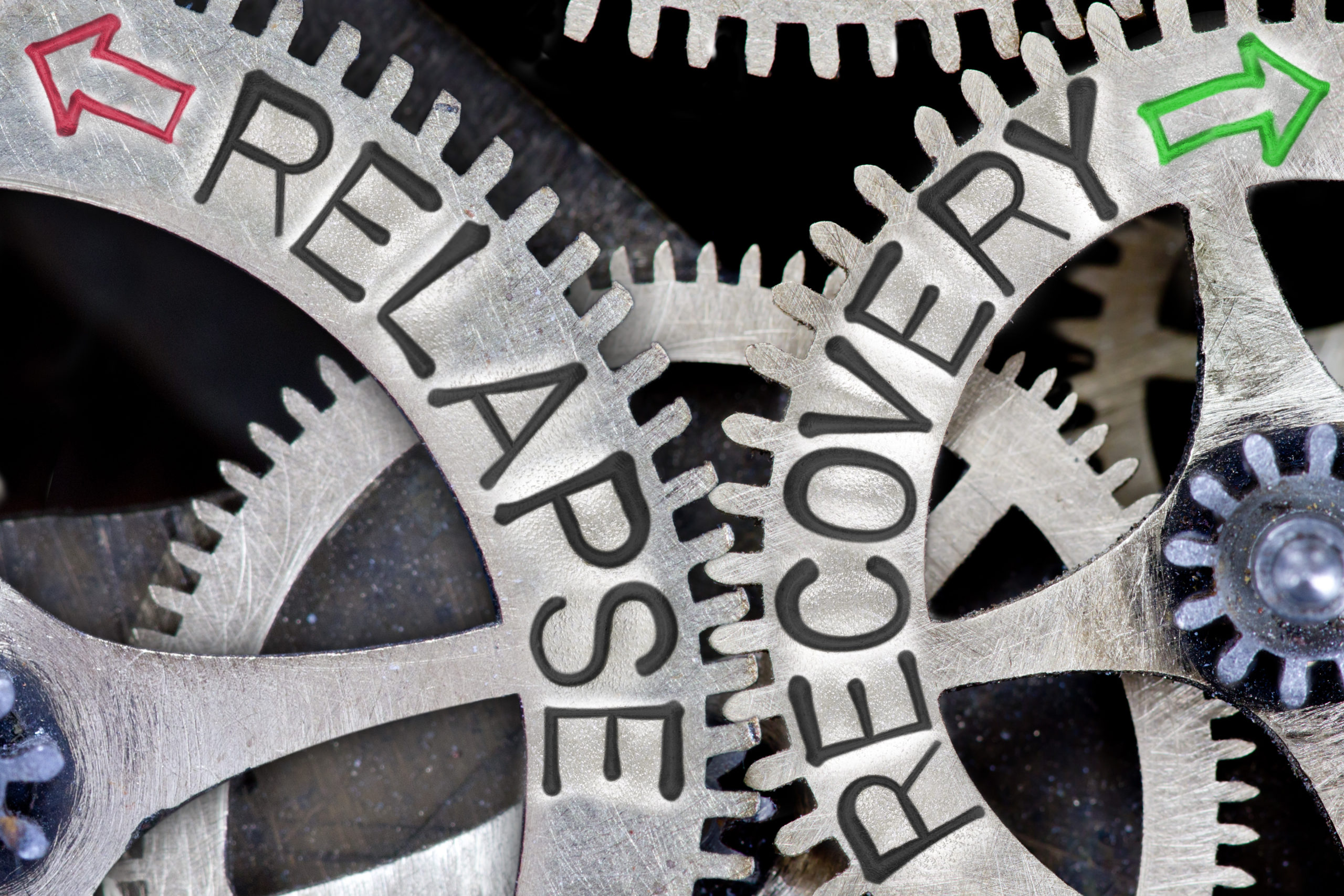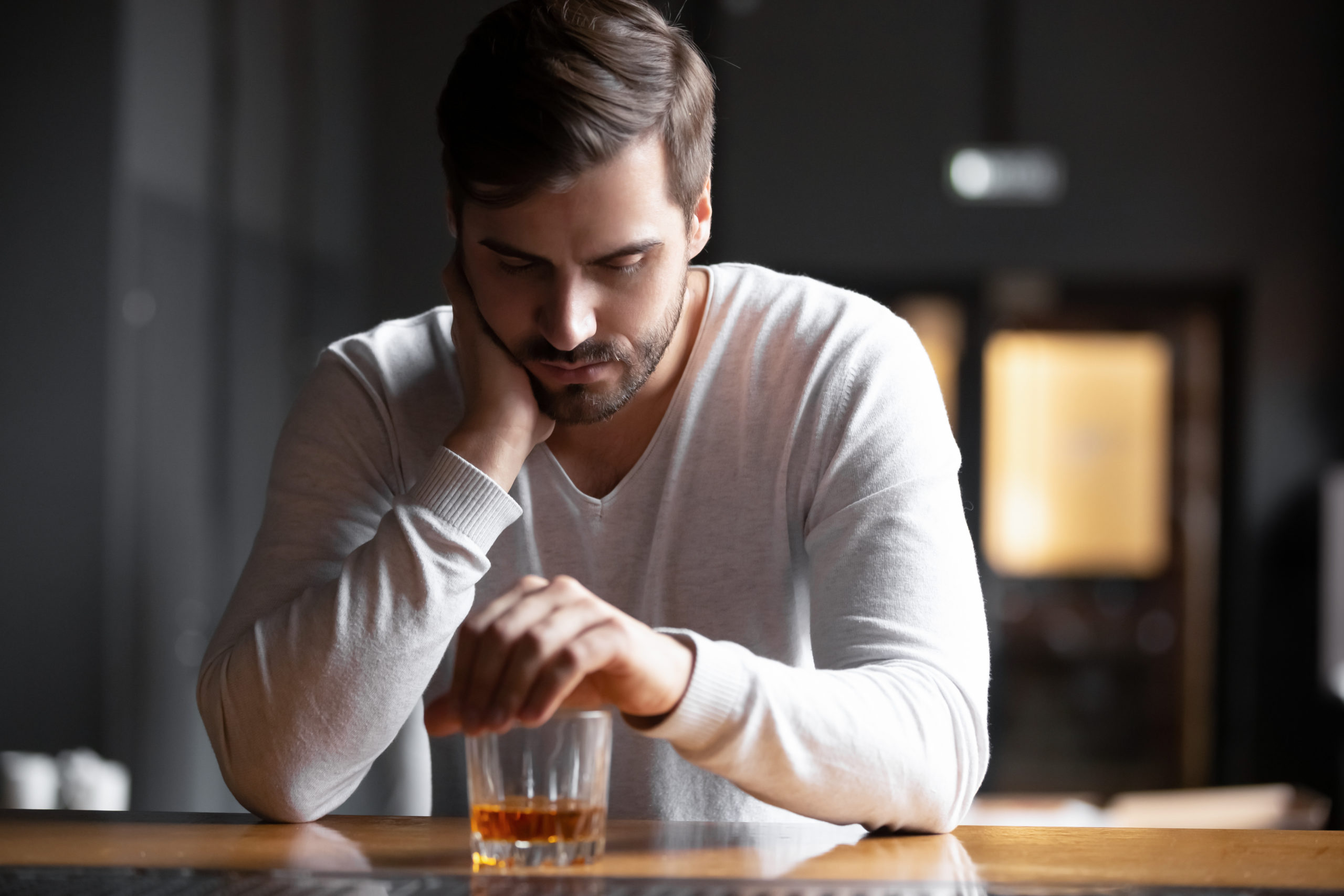Prescription pill addiction involves more than just opioids and other pain medications. There are four broad classes of prescription pills that are commonly abused. These include opioids, benzodiazepines, sedatives, and stimulants. Although many who are prescribed prescription medications take them properly, there is still a substantial portion of the population who misuse them, resulting in addiction and the need for intensive addiction treatment. In 2017 it was estimated that more than 18 million people had misused prescription medications in the last year. While current data is not available, it is assumed based on historical statistics that this number has only continued to grow with misuse rates among adults ages 18-25 being some of the highest at nearly 15%. In these surveys, more people report using controlled prescription drugs than cocaine, heroin, and methamphetamine combined putting prescription drugs just behind marijuana when it comes to illicit drug use.
The Types of Prescribed Prescription Pills
The rate of prescription drug abuse and addiction is currently considered a pandemic in the United States and only worsening with time. Unfortunately, many who end up addicted to prescription pills do so after being prescribed the drug for legitimate reasons. Also, many teens believe prescription medications to be “safer” than other drugs because a medical provider prescribes them; thus, they are more likely to misuse them. As previously noted, prescription pill addiction generally applies to four categories of drugs.
Opioids
- Opioids or prescription painkillers are used to treat severe or chronic pain conditions. They are also among the most over prescribed medication classes. Common opioids include OxyContin, Lortab, Morphine, and Percocet.
Stimulants
- Adderall, a commonly prescribed stimulant, is typically prescribed to treat attention-deficit hyperactivity disorder and narcolepsy. Other medications similar to Adderall include Concerta and Ritalin.
Sedatives and Tranquilizers
- Sedatives and tranquilizers are quite similar and generally produce the same intoxication effects. This category includes sleeping pills, which are classified as sedative-hypnotics. Other drugs that fall into this category are benzodiazepines. Benzodiazepines or “benzos” are a form of prescription sedative. They are commonly prescribed to treat symptoms related to anxiety or to help with insomnia. The most frequently prescribed benzodiazepines are Xanax, Valium, Ativan, and Klonopin.
How Do You Get Addicted to Prescription Drugs?
Opioids, stimulants, and sedatives can be beneficial for some individuals who have been diagnosed with certain medical disorders or who struggle with chronic pain. However, many of these medications have extremely high addictive potential and, consequently, are often abused or sold illegally. But why is it that some people who take these medications develop a prescription pill addiction and others do not? For some, it may be related to a genetic predisposition for addiction in general. Also, those who have a first-degree relative who suffered from a substance abuse disorder are significantly more likely to develop a substance abuse disorder than those without such a family history. Environmental factors such as peer influence and family dynamics can also play a role in prescription pill addiction.
While all of the above and other factors play a role in prescription pill addiction, one of the most common ways people get addicted to prescription drugs is through the use of the medication itself. It is not uncommon for someone who is prescribed prescription pain medication for chronic pain to take these medications for extended periods. Eventually, the initially prescribed dose is not sufficient to mitigate the pain, and higher doses are consumed to achieve the same feeling as before. This is called developing a tolerance, and it is one of the most common ways addiction develops.
Signs of a Prescription Pill Addiction
The signs and symptoms of prescription pill addiction will vary based on the specific pill being used. Some of the common behavioral signs that may indicate addiction may include:
- doctor shopping
- changes in sleeping and eating patterns
- requesting refills more often than necessary
- “losing” prescriptions and seeking replacements
- sudden mood changes
- demanding more privacy
Aside from the signs and symptoms mentioned above, long-term prescription pill addiction without addiction treatment can result in a host of adverse complications including overdose, incarceration, broken relationships, legal problems, failing physical health, developing a co-occurring mental health disorder, financial strain, and job loss.
Our treatment team at Soba Recovery Centers across the United States is skilled in providing individualized treatment for all types of addiction. We believe addiction treatment programs must be designed to suit each person’s needs, and therefore we focus our treatments on your needs as opposed to a standard design. If you are ready to seek treatment for a prescription pill addiction, reach out to Soba Recovery Centers today.











